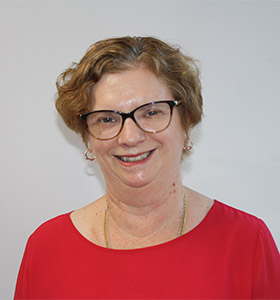
Externally, there has been the ongoing dispute with district health boards. Unsafe staffing, poor work conditions, the exodus of nurses from Aotearoa, pay equity and salaries that value and acknowledge the contribution of nurses, midwives and health-care assistants to the well-being of our communities are all hot topics right now. This has been compounded by the stress and distress of working in pandemic conditions, drawing on what little is left in the tank to face a national crisis.
NZNO board elections are also underway, which often creates commentary on social media.
As a regulated health professionals, nurses are bound by guidelines, codes and competencies, both when they are on and off duty. Professional conduct is the interest of the Nursing Council, regardless of whether you are at work or not. There have been cases where nurses have gone through disciplinary proceedings for comments attributed to them in social media.
Nurses have an ethical and legal responsibility to maintain their patients’ confidentiality. This still applies when using any form of online tool, regardless of whether the communication is with other nurses, a specific group of people (eg “friends” on social networks), or the public (eg a blog). The anonymity potentially afforded online is no excuse for breaching confidentiality, using bullying tactics or bringing an employer or the profession into disrepute.
If you are emailing from work, there will be policies that govern email and social media use on work devices. Emails can easily be identified.
Think twice before using your work email or even a work computer to communicate.
The Nursing Council has revised its guidelines for social media and electronic communication alongside its code of conduct.1 NZNO guidance was revised in consultation with Nurse Executives in the Tertiary Sector and the NZNO National Student Unit.2
Before you set your fingers afire, take a minute to consider the audience – both intended and unintended – and potential consequences if it were to come to the attention of, for example, your employer, before putting your opinions forth.
Social media can be a useful and immediate way of connecting, especially in a COVID-19 world. It is a powerful educational tool and can be used to great effect. So the message here is not to avoid social media, but to embrace it – safely and wisely.
References
- Nursing Council of New Zealand. (n.d.). Ngā Paerewa me ngā rārangi tohutohu: Standards and guidelines for nurses.
- New Zealand Nurses Organisation. (2019). Guideline: Social media and the nursing profession: a guide to maintaining professionalism online for nurses and nursing students.



